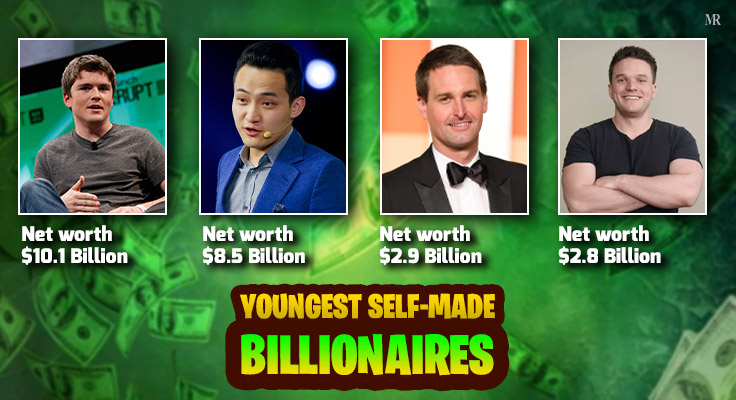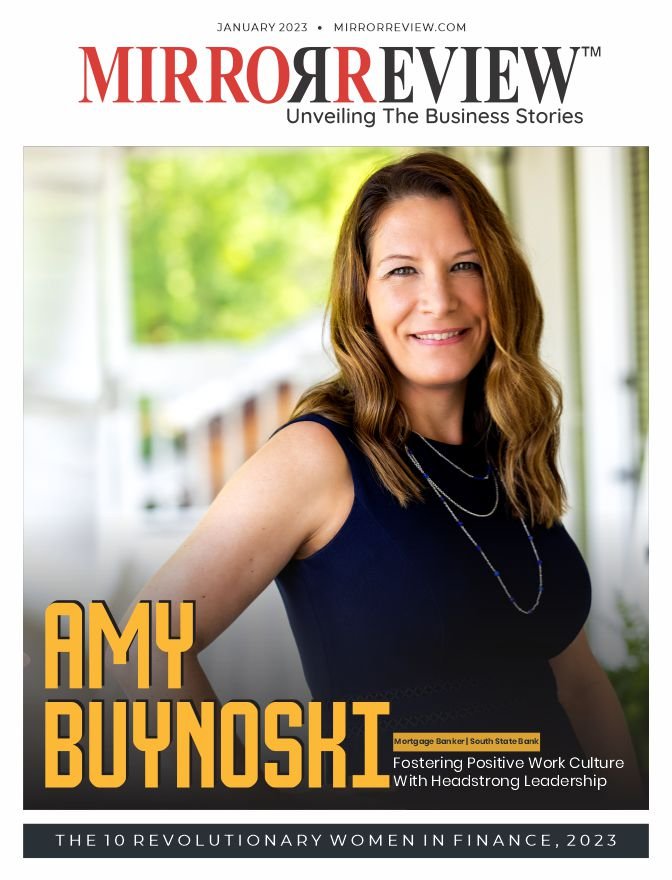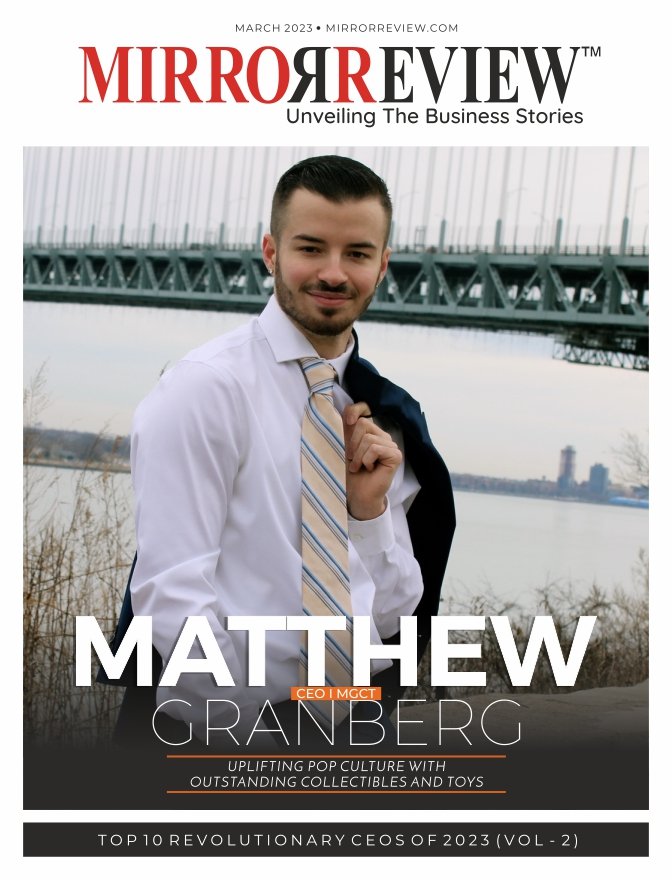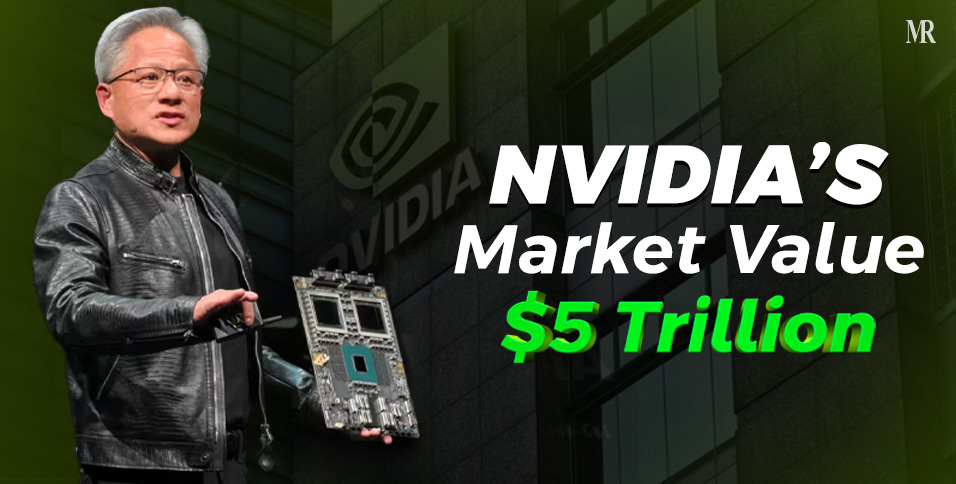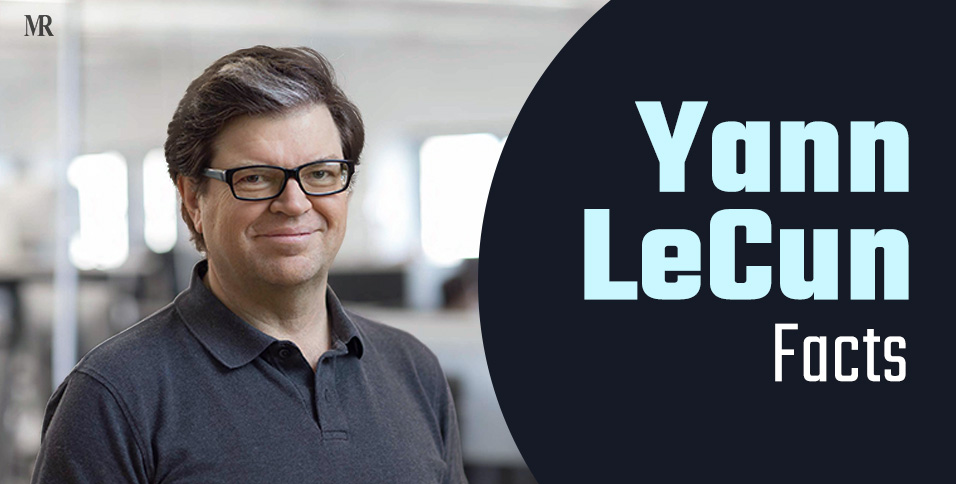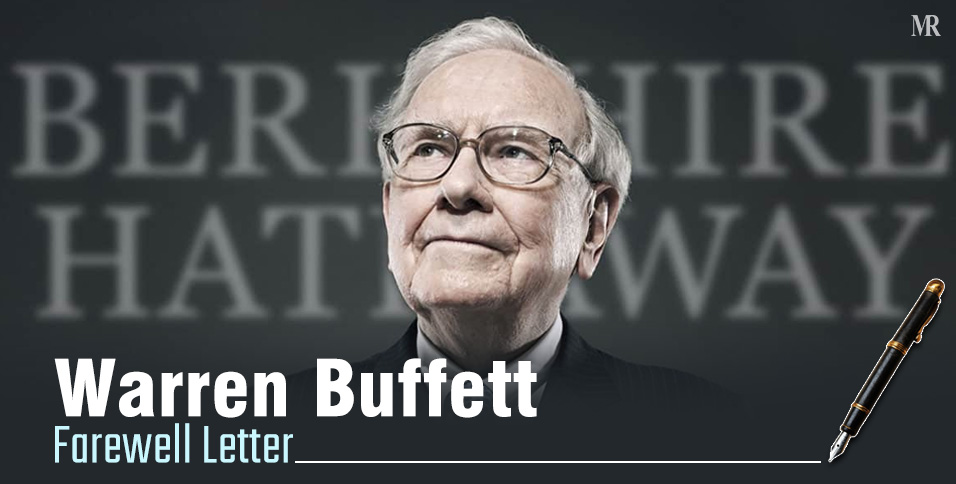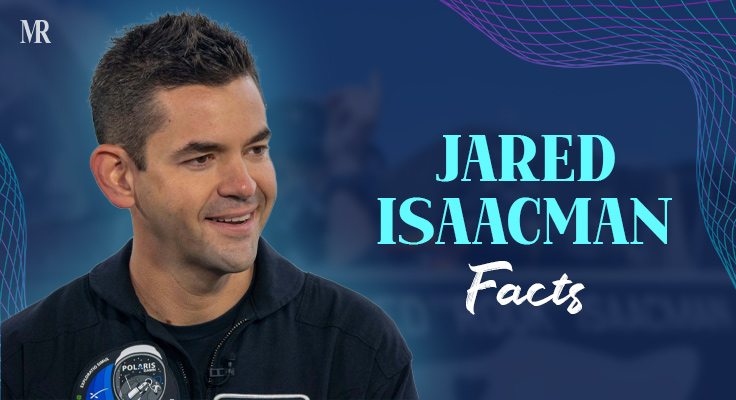It’s no joke to build a billion-dollar fortune. However, a select group of individuals , has managed to achieve this remarkable feat at a surprisingly young age – all under 35! They have proven that innovation, determination, and a bit of luck can accelerate the journey to immense wealth.
These young self-made billionaires have shaken up industries, used new technologies, and built successful companies from the ground up. Looking at how they did it gives real insight into starting a business and can definitely fire up anyone thinking about their own venture. So, let’s dive into the stories of the world’s top 10 youngest self-made billionaires today.
List Of The Top 10 Youngest Self-Made Billionaires
(Note: The net worth figures are taken from Forbes’ official billionaire list and represent billionaires under 35 years of age.)
| Name | Age | Country | Source of Wealth | Net Worth |
| John Collison | 34 | Ireland | Stripe | $10.1 Billion |
| Justin Sun | 34 | China | TRON | $8.5 Billion |
| Evan Spiegel | 34 | United States | Snapchat | $2.9 Billion |
| Ed Craven | 29 | Australia | Online casino | $2.8 Billion |
| Palmer Luckey | 32 | United States | Virtual Reality, Defense Technology | $2.5 Billion |
| Alexandr Wang | 28 | United States | AI | $2.0 Billion |
| Shunsaku Sagami | 34 | Japan | M&A Brokerage | $1.9 Billion |
| Andy Fang | 33 | United States | DoorDash | $1.5 Billion |
| Ben Francis | 32 | UK | Gymshark | $1.3 Billion |
| Christopher Olah | 32 | Canada | Anthropic | $1.2 Billion |
1. John Collison

John Collison co-founded Stripe with his brother Patrick. Stripe provides software and APIs that enable businesses of all sizes to accept online payments and manage their online operations.
The Collisons saw that processing payments online was a headache for many. Their solution? Stripe – a platform that was simple to use yet really powerful. It caught on fast across the globe. Businesses loved how smoothly Stripe worked, its useful features, and how it catered to developers, making it a go-to tool for online business.
Back in 2016, a funding round valued Stripe at $9.2 billion, which briefly made John the then youngest self-made billionaire globally. More recently, in February 2024, an employee stock sale indicated the company was worth $65 billion. Their knack for making online commerce simpler has been key to their success.
2. Justin Sun
Justin Sun is the founder of the TRON blockchain platform, launched via an Initial Coin Offering (ICO). The goal with TRON was to decentralize web content. Think of TRON as trying to build a new kind of internet where people can share things like articles or videos directly, without big companies in the middle.
He launched TRON back in 2017. Besides TRON, he also bought BitTorrent, a well-known company used for sharing files online. He’s also involved with online places (like digital banks or stock markets, but for crypto) called Poloniex and HTX, where people trade digital money.
All these businesses in the world of digital money (cryptocurrency) made him a billionaire.
Despite his success, Sun is a controversial figure. He is currently facing a lawsuit from the U.S. SEC since 2023. This was over allegations including fraud and market manipulation related to TRON’s TRX and BitTorrent’s BTT tokens. Yet, he still remains a prominent, albeit contentious, personality in the crypto industry.
3. Evan Spiegel

Evan Spiegel famously dropped out of Stanford to get Snapchat going in 2011 with Bobby Murphy and Reggie Brown. He hit billionaire status by 25. It started as a simple idea: a photo-sharing app with disappearing messages. This novelty, plus fun filters, made it a huge hit, especially with younger crowds.
Spiegel’s idea for a different kind of visual communication and his dedication to the user experience drove Snapchat’s growth. Today, he and Murphy own about a fourth of Snap Inc., the publicly traded parent company, which brought in $5.36 billion in revenue in 2024.
Despite facing competition, Snapchat has continued to innovate with features like Stories and augmented reality lenses. This helps it keep a large user base and bring in significant ad money.
3. Ed Craven
Ed Craven is the co-founder of Stake.com, an online cryptocurrency casino. Recognizing the growing popularity of cryptocurrencies, Craven and his partner saw an opportunity to create a gambling platform that catered to this emerging market.
Stake.com has rapidly grown to become one of the largest crypto casinos globally, offering a wide range of games and betting options. The platform generated an impressive $4.7 billion last year. Stake became more popular after the pandemic, partly because livestreamers started streaming gambling on the site. The company now claims it handles around 2% to 4% of all Bitcoin transactions.
Getting into crypto gambling early and building a massive user base were key moves that helped Craven build his fortune and join the ranks of young self-made billionaires.
5. Palmer Luckey
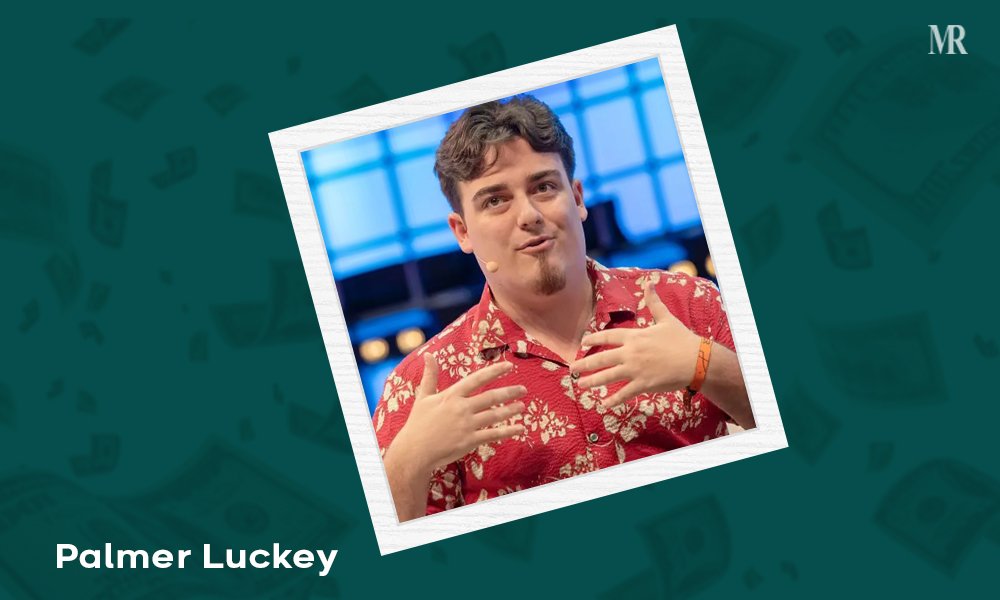
Palmer Luckey founded Oculus VR, a virtual reality company ahead of its time. His passion for VR led him to create early prototypes of affordable, high-quality VR headsets.
As a self-taught software engineer, Luckey made his first fortune by launching Oculus VR and selling a headset he’d developed at 16. His fresh ideas drew a lot of attention, leading to Facebook (now Meta) buying Oculus VR for $2 billion in 2014.
Since 2017, Luckey has focused on Anduril Industries. It’s a defense technology company that uses AI and automation to develop advanced military hardware and software. Luckey’s ability to spot and capitalize on emerging technologies in both consumer and defense sectors has been key to his wealth. Moreover, Palmer Luckey net worth 2024 was reported to be $2.3 Billion.
6. Alexandr Wang
Alexandr Wang is the CEO of Scale AI, which provides data infrastructure for AI. He co-founded Scale AI with Lucy Guo in 2016 after leaving MIT. Alexandr Wang’s success with Scale AI has made him the world’s youngest self made billionaire.
Scale AI raised $1 billion in May 2024 and is valued at $13.8 billion. Wang owns an estimated 14% of the company. What does Scale AI do? It labels data to train AI for applications like ChatGPT and self-driving cars. It’s services are used by companies like Microsoft, General Motors, and Meta.
After a dip, Wang became a billionaire again in 2025. His understanding of how vital data is for AI has powered his own and his company’s success.
7. Shunsaku Sagami

Shunsaku Sagami established M&A Research Institute Holdings in 2018. His motivation came from his grandfather’s experience, who was compelled to close his real estate business due to the lack of a successor. That got Sagami thinking about how to make merging or selling businesses easier, especially for the smaller companies in Japan.
Today, his company employs AI to advise these enterprises, many run by aging owners without successors. Sagami’s smart use of tech in this field made him a billionaire in April 2023. This happened after his company’s stock price jumped thanks to higher revenues and more M&A deals happening in Japan.
Basically, Sagami brought a fresh perspective to an industry often seen as complicated and unclear. This has led to rapid growth for his company and built his substantial wealth.
8. Andy Fang
Andy Fang co-founded DoorDash, a leading food delivery platform, in 2013. He, along with his Stanford roommate Stanley Tang and Tony Xu, launched DoorDash after noticing limited local food delivery options. They created a system connecting customers with restaurants via delivery drivers. DoorDash went public in 2020
Fang currently leads DoorDash’s “LaunchPad” engineering team. The platform’s success comes down to efficient deliveries, lots of restaurant choices, and an easy-to-use app. Fang’s role in building and growing this widely used service helped make him one of the youngest self-made billionaires.
9. Ben Francis

Ben Francis founded Gymshark, a fitness apparel and accessories brand. Back when he was just 19, juggling college classes and working for Pizza Hut, he and a friend, Lewis Morgan, decided to launch a business. They began by simply buying fitness supplements in bulk and reselling them.
Later, Francis started designing Gymshark clothes in his parents’ garage, even doing the sewing and printing himself. He smartly used social media and teamed up with online fitness influencers to promote the brand. This wasn’t just about selling clothes; it was about building a strong community of fitness fans.
Gymshark’s success came from its focus on quality gear, a powerful online presence, and building that community. In 2020, Morgan sold 21% stake to General Atlantic in a deal that valued Gymshark at $1.3 billion. Francis still runs the company as CEO, holding onto the majority (70%) of the company he built from scratch, proving his talent for digital marketing and creating a loyal following was the real deal.
10. Christopher Olah
Christopher Olah is a co-founder of Anthropic – a major AI research company aiming to build safe and beneficial AI systems. Before Anthropic, he gained experience researching AI at both OpenAI and Google Brain. Interestingly, Olah skipped college, receiving a Thiel Fellowship in 2012 at age 19, which supports young people who drop out of school to work on innovative projects.
Olah’s fortune stems from his stake in Anthropic. The company, known for its AI model Claude, has attracted massive investments, including from giants like Google and Amazon. In early 2025, a funding round valued Anthropic at a staggering $61.5 billion.
Olah co-founded Anthropic and specializes in “mechanistic interpretability“, aiming to understand AI’s inner workings for safety. This expertise in a leading AI lab is the foundation of his wealth.
Conclusion
To sum up, these young self-made billionaires show that huge financial success isn’t limited by age. They had smart ideas, they worked incredibly hard, and they understood where markets and technology were heading. They built companies that didn’t just make money – they changed how things were done.
Each path was different, but common themes popped up: seeing an opportunity where others didn’t, being willing to take risks, and not giving up when things got tough. These young billionaires are powerful examples of what clear vision and hard work can achieve in our fast-changing world.

